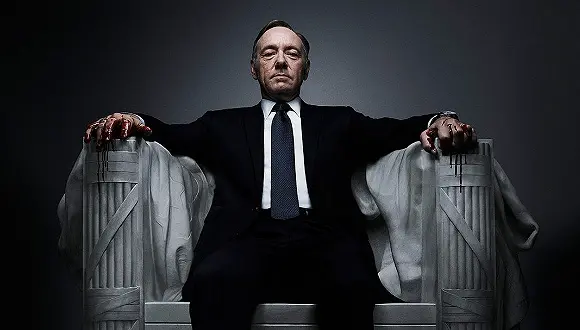The exiled Syrian opposition's desire for a foreign-backed intervention further pushes Syria away from political solutions, but toward a dangerous military showdown, analysts said.
At a "Friends of Syria" meeting in Turkey's Istanbul on Saturday, Syria's exiled oppositional National Coalition said they want a no-fly zone over Syria to protect northern and southern borders and to secure the safe return of Syrian refugees.
The group demanded "capable countries" undertake immediate measures to disable Syrian government troops' ability to use " chemical weapons and ballistic rockets," suggesting "surgical airstrikes" by drones against the Syrian army's ballistic rocket launchers.
Hmaidi al-Abdullah, a well-known political analyst, noticed the low turnout at the Istanbul meeting, which indicates declining international interest in the Syrian opposition.
"Only 11 countries have taken part in the meeting, while in previous meetings the (Syrian) opposition boasted the high number of participants that used to reach more than 70 countries, which mirrors the decline in the amount of support to the opposition," Abdullah told Xinhua.
Although Britain and France have been supporting efforts to lift an arms embargo on Syrian rebels to tilt the balance of the conflict in their favor, U.S. President Barack Obama has said repeatedly that he has no plans to send weapons or render "lethal" aid to the rebels in Syria.
The United States, however, granted a new package of aid to the Syrian rebels of up to 130 million U.S. dollars in "non-lethal" aid that would include body armor, night vision binoculars, armored vehicles and advanced communication devices.
Abdullah, the analyst, slammed such "non-lethal" aid by the United States, as "there is no such thing as non-lethal weapons. All the weapons are lethal, even the body armors, because they encourage and embolden the fighters to escalate their attacks."
According to Abdullah, the West's claim that the help shouldn't fall in the hands of extremists is not accurate, "because the fighting groups on ground defend the existence of Nusra Front and fight with it side by side."
The Istanbul meeting would add more complications to the Syrian crisis, "especially that it was convened in the hope of providing weapons and cash to the opposition," said Abdullah.
Abdullah referred to the time when the head of the National Coalition, Moaz al-Khatib, slammed the United States for designating the al-Qaida-affiliated Nusra Front as a terrorist organization, and said back then that the Nusra group was part of the Syrian "revolution."
Al-Khatib, however, has recently backtracked on some of his stances after the al-Qaida wing in Iraq announced the merger with the Nusra Front.
Regarding the Syrian government's stance toward the meeting, Abdullah said that the Syrian government condemns all efforts to render weapons to the opposition as it would hinder all efforts to politically solve the crisis.
"I think that the final say in the Syrian crisis would be to the military showdown because the opposition has rejected the political ways to find a solution," he said.
Abdullah's comment came one day after the rebels' military leader, Salem Idris, told reporters on the sidelines of the " Friend of Syria" meeting that "only power would end the conflict" in Syria.
Idris brushed off any possibility to embark on negotiations with the administration.
Meanwhile, Safwat Akkash, a member of the Damascus-based National Coordination Body for opposition forces, said that the aim of the "Friends of Syria" meeting is to create a kind of opposition that is politically connected to the West. Akkash was referring to the National Collation which is seen by the Syria- based opposition parties as a Western-made group that crave for foreign intervention in Syria, a scenario that the home-based opposition groups totally reject.
In an interview with the Iranian al-Alam TV, Akkash said that discussing the flow of weapons by the exiled opposition is an attempt to "pour oil on the fire."
He said that all the weapon funneling processes should be halted to all parties; either to the government or the opposition in order to start "real negotiations."
He underlined the fragmentation of the Syrian opposition, saying that part of the opposition dreams of a democratic and civilian state, adding that such part adopts the policy of the " democratic and peaceful struggle" to achieve that goal.
The other parts of the opposition, he said, are those who are working to bring down the Syrian administration and don't care if the "devil" came later to rule Syria.
"By mentioning the 'devil,' I meant all those armed forces that have come to us from all sides, from the Nusra and others that pledged alliance to al-Qaida and didn't feel embarrassed to declare the political program in that regard," Akkash said.
 简体中文
简体中文

